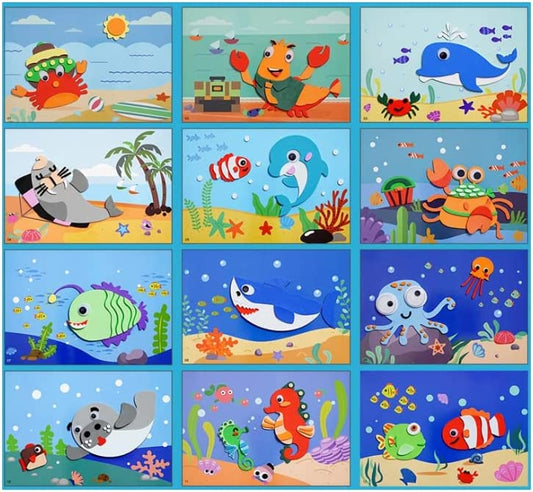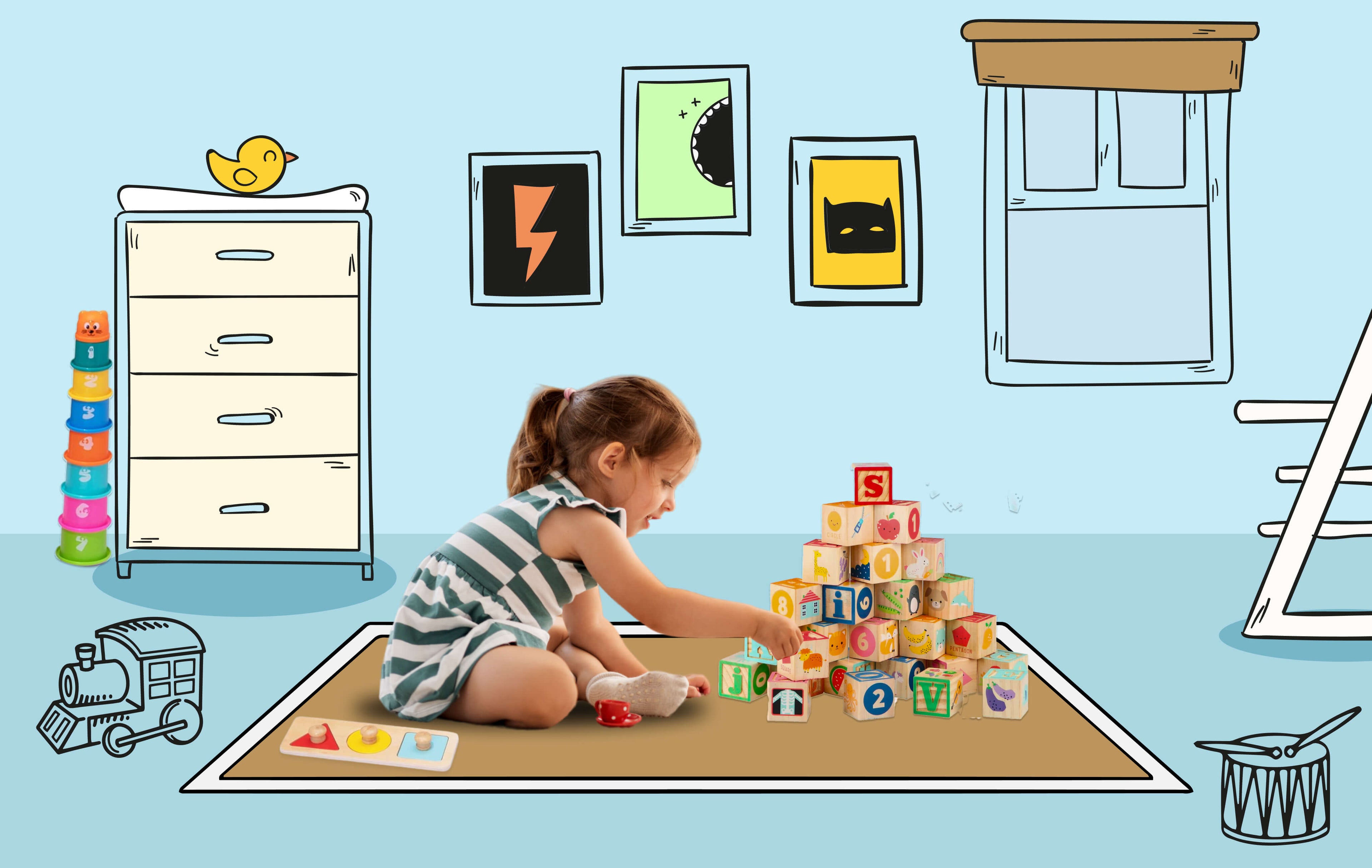
Montessori Toys - by Project Montessori
Your go-to toy store specializing in educational Montessori toys.
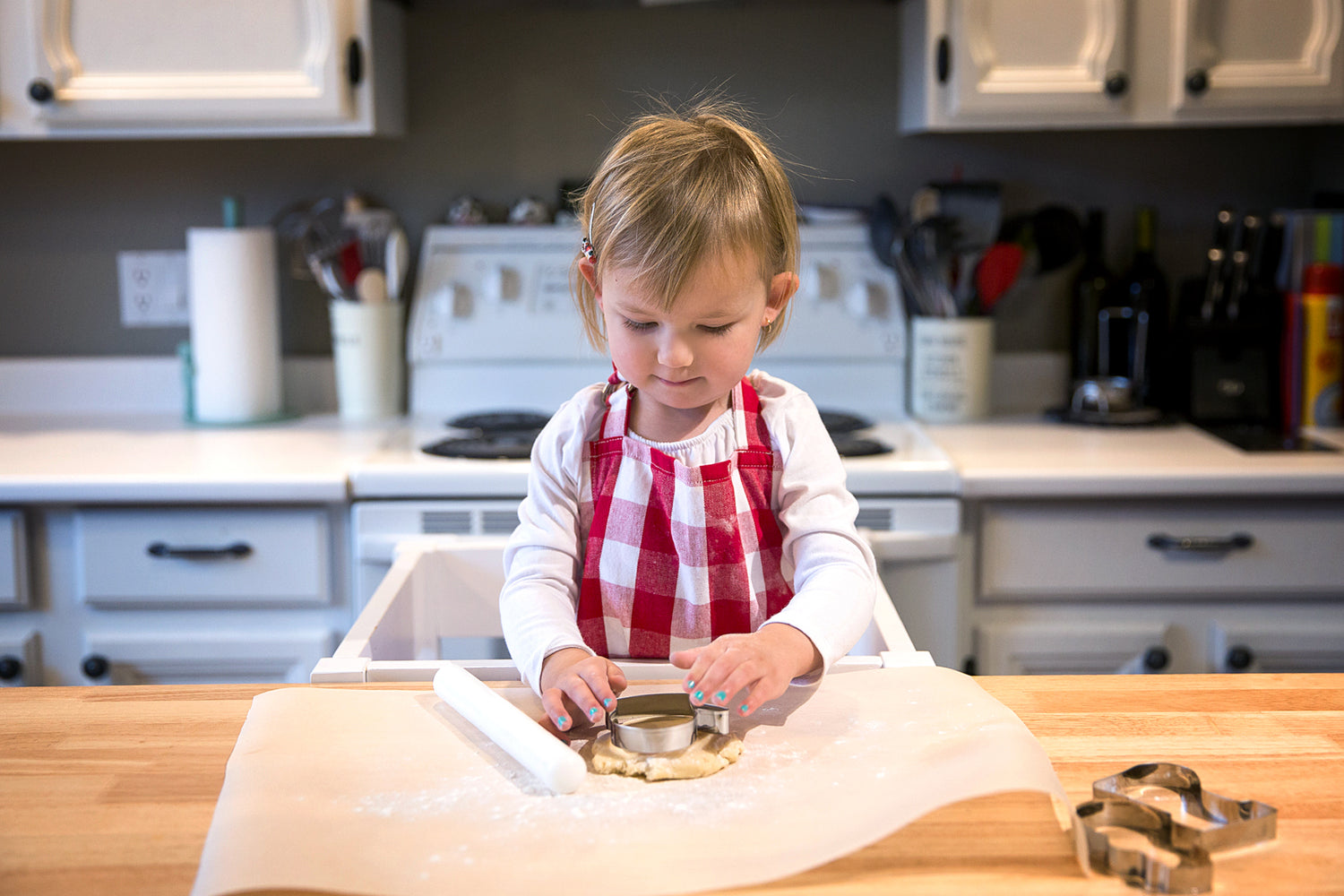
What Are Montessori Toys?
Montessori toys are designed to inspire your child’s natural curiosity and foster independent learning through hands-on play. Crafted to align with the Montessori method, these toys help children practice essential life skills in a fun and engaging way.
- Encourage Independent Play: Montessori toys allow your child to explore and solve problems at their own pace, building confidence and creativity.
- Support Brain Development: Did you know that 85% of brain growth happens by age three (A.S. Dekaban et al., 1978)? Montessori toys help lay the foundation for lifelong learning during this critical period.
- Develop Practical Skills: From fine motor coordination to problem-solving, each toy is thoughtfully designed to promote essential developmental milestones.
By introducing Montessori toys early, you’re giving your child the tools they need to thrive—academically, socially, and emotionally. Explore our curated selection of Montessori toys to help your little one reach their full potential.
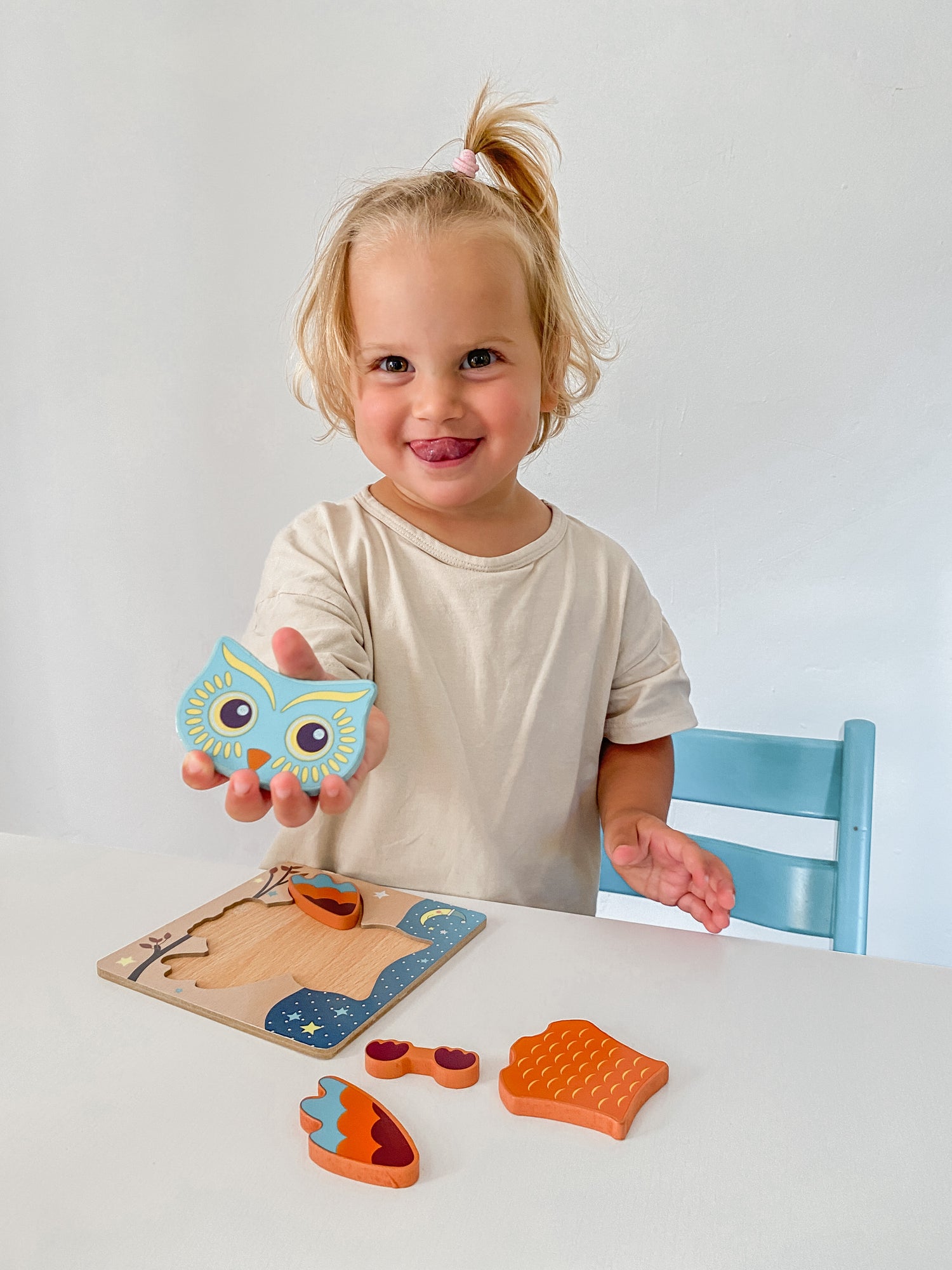
What Makes Montessori Toys Unique?
Montessori toys stand out because they are intentionally designed to inspire curiosity, independence, and skill-building in children. Rooted in the Montessori philosophy, these toys provide a hands-on learning experience that encourages self-directed exploration and creativity.
- Build Real-World Skills: Montessori toys teach practical life lessons, from problem-solving to self-sufficiency, through play.
- Foster Focus and Independence: These toys help children develop attention spans and self-discipline by promoting independent play.
- Enhance Motor Skills: Designed with precision, Montessori toys support hand-eye coordination and fine motor development.
- Encourage Meaningful Learning: By combining fun with purpose, Montessori toys turn everyday play into valuable educational experiences.
Choosing Montessori toys is more than just play—it’s an investment in your child’s lifelong growth. Discover how these educational tools can make learning an adventure.
How to Choose the Perfect Montessori Toys
Starting your Montessori journey can be exciting but overwhelming. To make it simple, we’ve curated a selection of timeless Montessori toys that are ideal for fostering independent learning, creativity, and skill development.
Whether you’re shopping for a baby, toddler, or older child, these classic Montessori toys are designed to inspire curiosity and growth at every stage of development. Here are some of our top recommendations to help you get started:
-
3D Sticker Puzzles (12 Sheets)
Regular price From $29.45 USDRegular priceUnit price / per$48.90 USDSale price From $29.45 USDSale -
Best Seller: Alphabets & Numbers Wooden Flash Cards
Regular price $44.45 USDRegular priceUnit price / per$88.90 USDSale price $44.45 USDSale -
 Sale
SaleKids Christmas Tree
Regular price From $34.97 USDRegular priceUnit price / per$58.90 USDSale price From $34.97 USDSale -
Montessori 3D DIY Felt Christmas Tree
Regular price From $29.45 USDRegular priceUnit price / per$58.90 USDSale price From $29.45 USDSale
Why Do Montessori Children Do Better?
📖 Early Development: Montessori children often begin reading and writing at a younger age compared to their peers in traditional educational settings.
🧮 Advanced Mathematics Skills: Studies show that Montessori students outperform others in standardized math tests, thanks to their hands-on learning approach.
🎨 Enhanced Creativity: Montessori education encourages creativity through unstructured play, which is linked to higher levels of artistic expression.
❤️ Social and Emotional Growth: Montessori students excel in social skills and emotional intelligence, fostering better relationships and understanding of others.
👦 👧 Independence and Self-Discipline: The Montessori method promotes independence from an early age, leading students to become self-motivated learners.
💡 Problem Solving Abilities: Montessori students consistently demonstrate superior problem-solving skills, as their education emphasizes practical life skills.
👦🏻👦🏼👦🏽👦🏾👦🏿👦 Respect for Diversity: Montessori classrooms often encompass a diverse range of cultures and backgrounds, promoting inclusivity and respect for differences.
🌍 Environmental Awareness: Many Montessori programs include nature-based learning, which instills a strong sense of environmental responsibility in students.
👩🏫 Long-Term Academic Success: Montessori alumni are more likely to graduate from high school and to attend college than their peers.
🧑💼 👩💼 Leadership Qualities: Montessori-educated individuals often hold leadership positions later in life, attributed to their early training in self-direction and community engagement.
Montessori Toys for Every Age
Choosing the right Montessori toys for your child’s age is essential to foster growth and keep playtime engaging. That’s why we’ve organized our collection by age groups, ensuring each toy is perfectly suited to challenge your child without causing frustration.
From babies exploring their senses to older children mastering problem-solving, you’ll find age-appropriate Montessori toys that inspire curiosity and support development every step of the way.
-
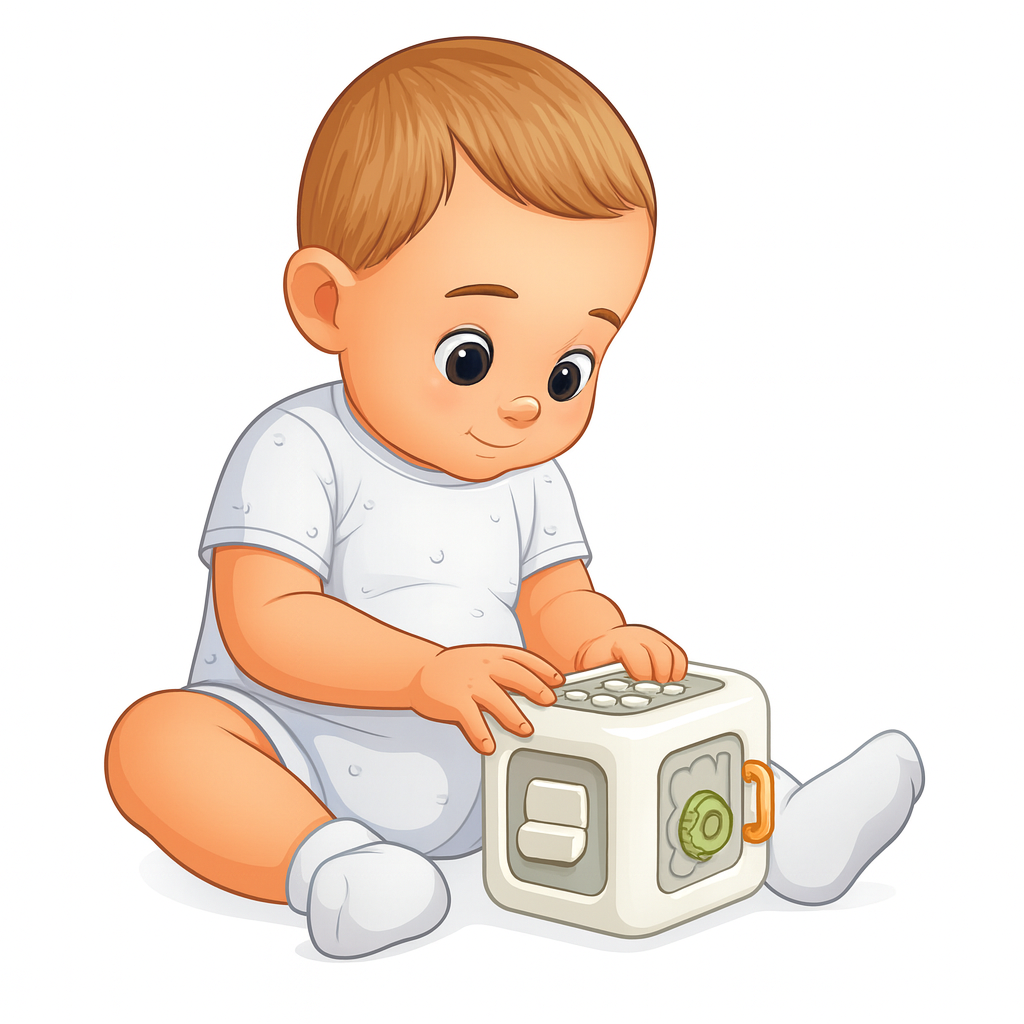
0 - 12 Months Old
Montessori Toys For Babies And Infants Welcome to our Montessori Toys for...
-
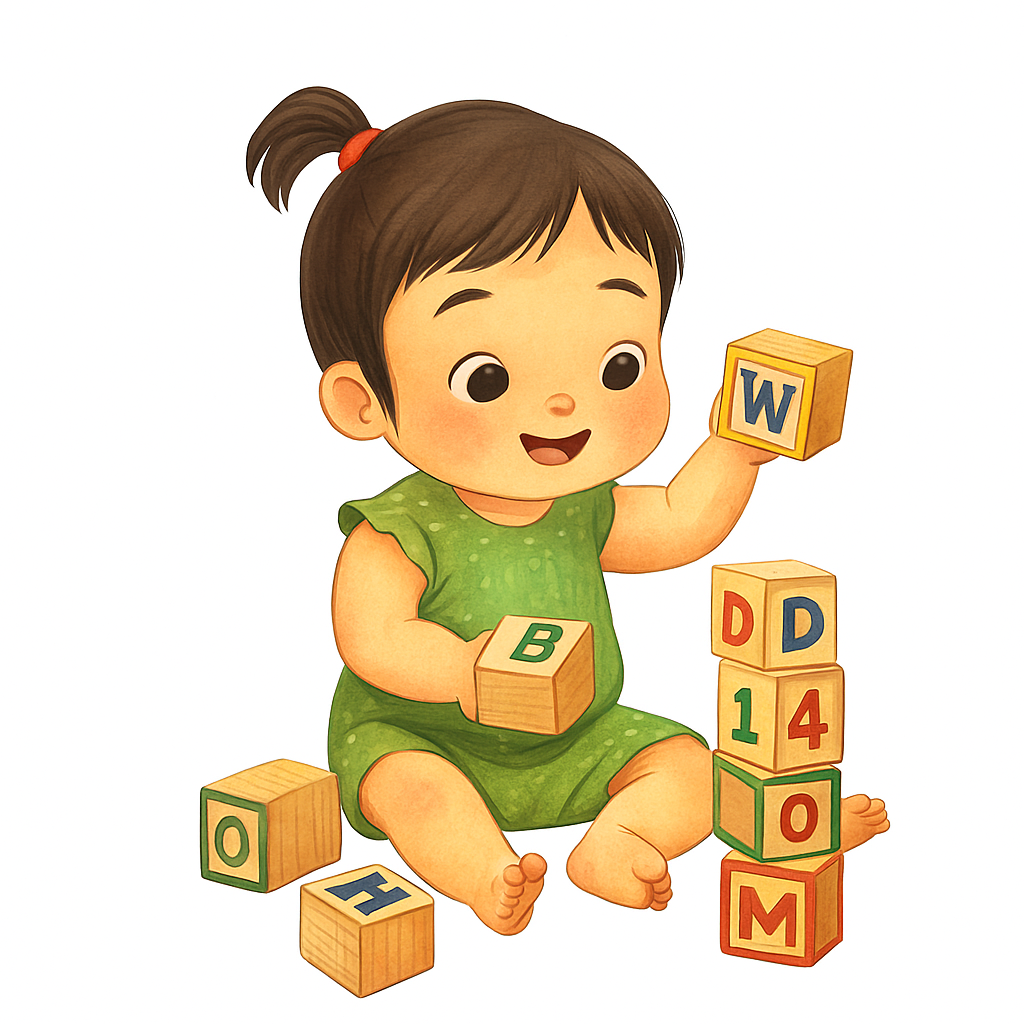
1 Year Olds
Montessori Toys for 1 Year Olds Welcome to our Montessori Toys for...
-
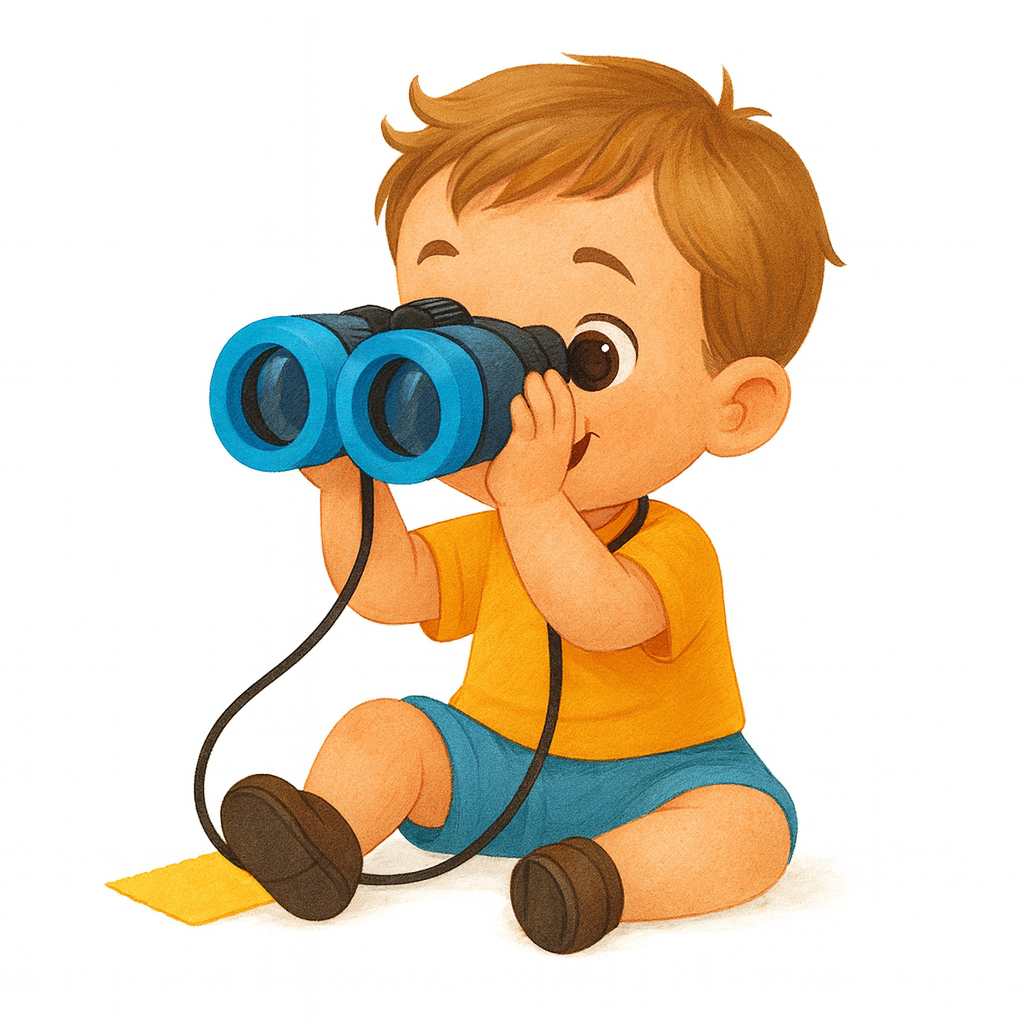
2 Year Olds
Montessori Toys for 2 Year Olds Welcome to our Montessori Toys for...
-
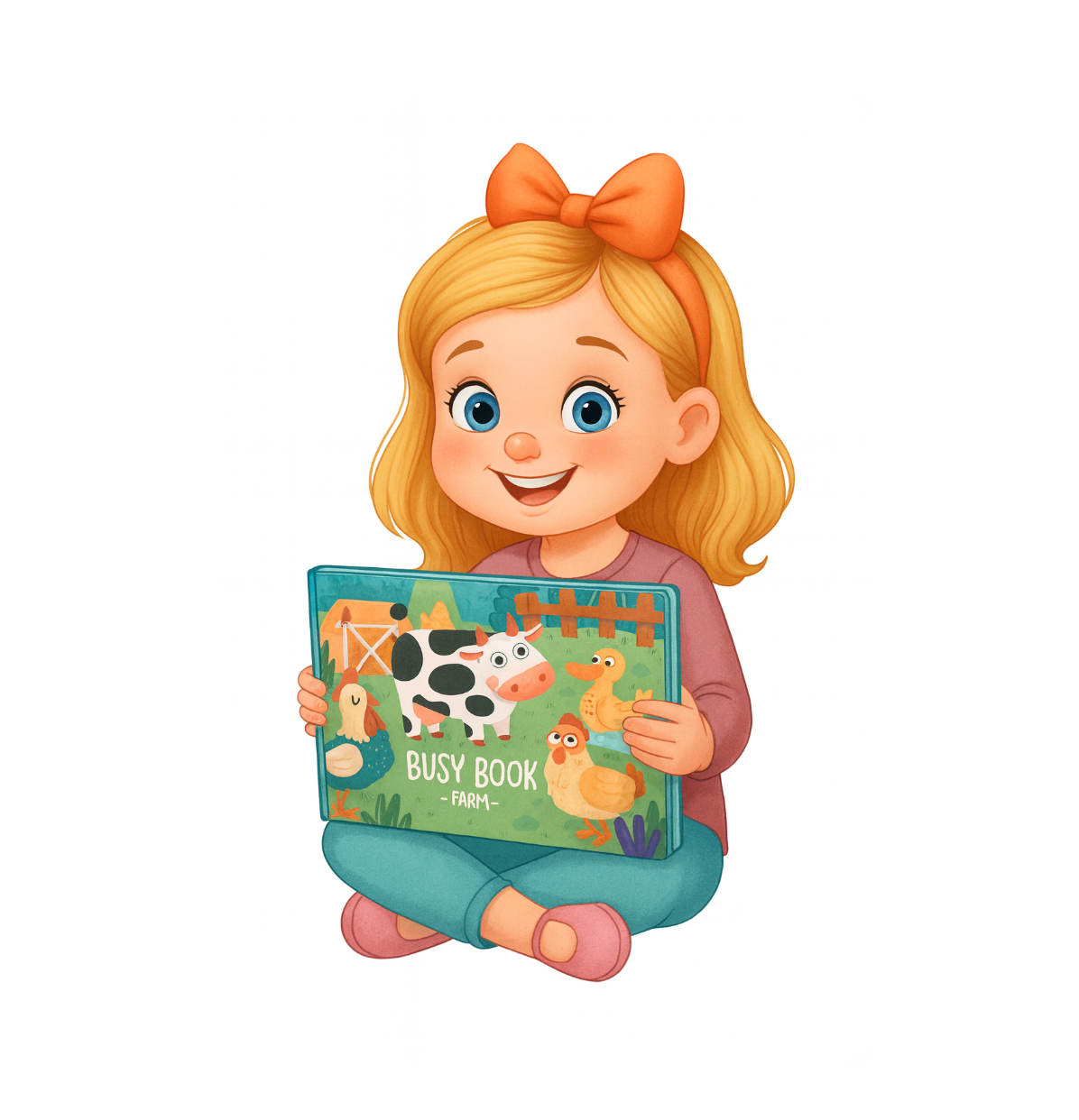
3 Year Olds
Montessori Toys for 3 Year Olds Welcome to our Montessori Toys for...
-
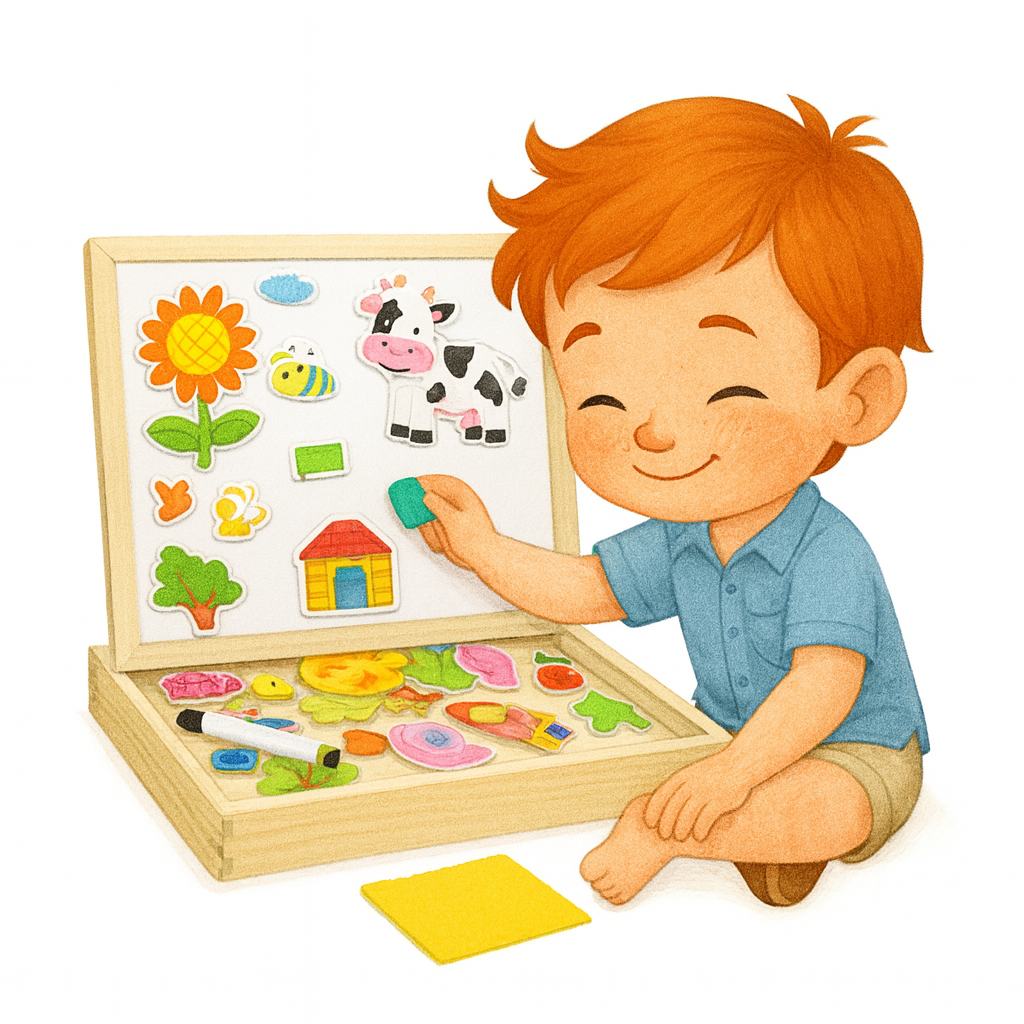
4 Year Olds
Montessori Toys for 4 Year Olds Welcome to our Montessori Toys for...
-
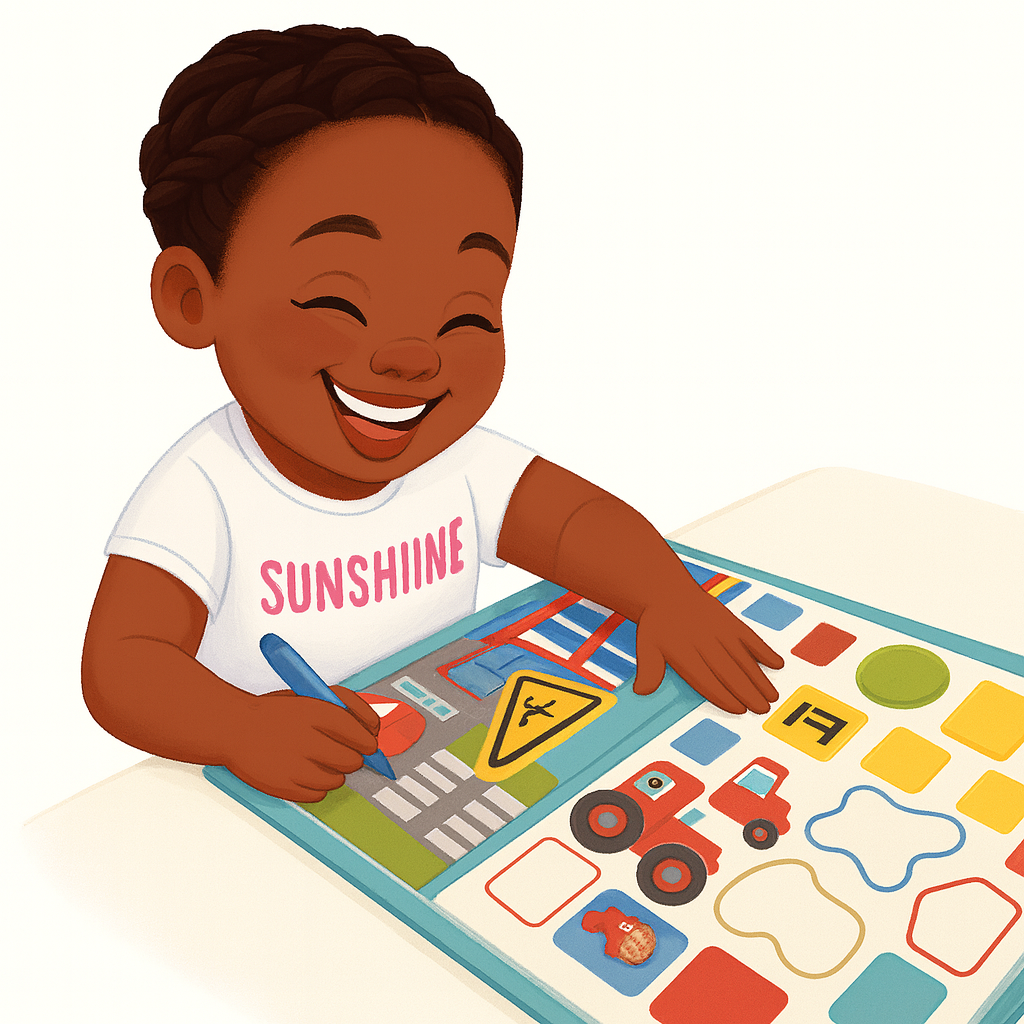
5 Year Olds And Older
Montessori toys for 5 year olds and older Welcome to our Montessori...
FAQ
Why Are Montessori Toys Good?
Montessori toys are beneficial because they encourage active learning and problem-solving, requiring children to engage with them actively rather than passively. They help develop fine motor skills through activities like sorting and stacking, and foster concentration by capturing a child's interest at their developmental level. These toys promote independence as many are self-correcting, allowing children to learn at their own pace without constant adult intervention. Additionally, Montessori toys grow with the child, providing age-appropriate challenges and making them a lasting educational resource.
What is the purpose of play in Montessori?
How do Montessori toys work?
What is the difference between Montessori toys and regular toys?
Why are there no plastic toys in Montessori?
Why is everything in Montessori wood?
Why are Montessori toys not colorful?
Are Montessori toys self-correcting?
Are Montessori toys good for babies?
What are Montessori toys for babies?
What are Montessori toys benefits?
Are Montessori toys worth it?
Best way to start with Montessori?
Montessori toys for babies
Montessori toys for 1 year olds
Montessori toys for 2 year olds
Montessori toys for 3 year olds
Montessori toys for 4 year olds
Montessori toys for 5 year olds and older
Why Project Montessori?
Our number one goal is to help you accelerate the development of your little one, through playing with toys made out of natural materials and give them a head start before they start their journey in school.
Subscribe to our emails
Promotions, new products and sales. Directly to your inbox.
- Home
- Collections
- About us
- Contact us
- Shipping Policy
- Return and refund policy
- Search
- Blog
- Project Montessori Reviews
Country/region
USD $ | United States
Language
EnglishPayment methods
Collapsible row
What is the purpose of play in Montessori?
The purpose of play in Montessori is to foster independence, creativity, and learning. Play is considered an essential part of a child's development, allowing them to explore their environment, develop motor skills, and engage in problem-solving. Montessori play encourages hands-on learning and helps children understand abstract concepts through concrete experiences.
How do Montessori toys work?
Montessori toys are designed to support self-directed learning and exploration. They are simple, purposeful, and often made from natural materials. These toys encourage children to manipulate and explore, promoting cognitive and physical development. They are usually open-ended, allowing for multiple ways of play, and self-correcting to help children learn through trial and error.
What is the difference between Montessori toys and regular toys?
Montessori toys are designed with educational principles in mind, emphasizing simplicity, purpose, and natural materials. They focus on promoting independence, concentration, and fine motor skills. Regular toys often prioritize entertainment and may include more colors, sounds, and plastic materials. Montessori toys encourage children to think and solve problems, while regular toys may not always have an educational focus.
Why are there no plastic toys in Montessori?
Plastic toys are generally avoided in Montessori because they often lack the sensory qualities of natural materials like wood. Montessori philosophy emphasizes the use of materials that provide a rich sensory experience and are durable. Wood, metal, and fabric are preferred because they offer different textures, weights, and temperatures, which help children refine their senses.
Why is everything in Montessori wood?
Wood is commonly used in Montessori because it is a natural, durable, and safe material. It provides a sensory experience that plastic cannot, such as texture, weight, and warmth. Wooden toys are also aesthetically pleasing and environmentally friendly. They are less likely to break and can be easily cleaned and maintained.
Why are Montessori toys not colorful?
Montessori toys are often designed in neutral or muted colors to avoid overstimulation and to help children focus on the task at hand. Bright colors can be distracting and may interfere with the child's ability to concentrate. By using softer colors, Montessori toys encourage deeper engagement and concentration.
Are Montessori toys self-correcting?
Yes, many Montessori toys are self-correcting. This means they are designed to allow children to see and correct their own mistakes without adult intervention. Self-correcting toys promote problem-solving skills, independence, and confidence as children learn through trial and error.
Are Montessori toys good for babies?
Yes, Montessori toys are excellent for babies. They are designed to support early development, including sensory exploration, fine motor skills, and cognitive growth. Montessori toys for babies often include rattles, sensory balls, and other items that are safe, simple, and engaging.
What are Montessori toys for babies?
Montessori toys for babies include rattles, sensory balls, and simple stacking toys. These toys are designed to be safe and to encourage exploration and sensory development. They help babies develop fine motor skills and understand cause and effect through hands-on play.
What are Montessori toys benefits?
Montessori toys offer numerous benefits, including promoting independence, enhancing concentration, and developing fine motor skills. They encourage problem-solving and critical thinking, support sensory development, and help children learn through exploration and discovery. Montessori toys are also durable, environmentally friendly, and aesthetically pleasing.
Are Montessori toys worth it?
Many parents and educators believe Montessori toys are worth the investment because they support holistic child development. They are designed to last, often becoming heirloom pieces that can be passed down through generations. Montessori toys encourage a love of learning and foster skills that are beneficial throughout a child's life.
Subscribe to our emails
Be the first to know about new collections and exclusive offers.

